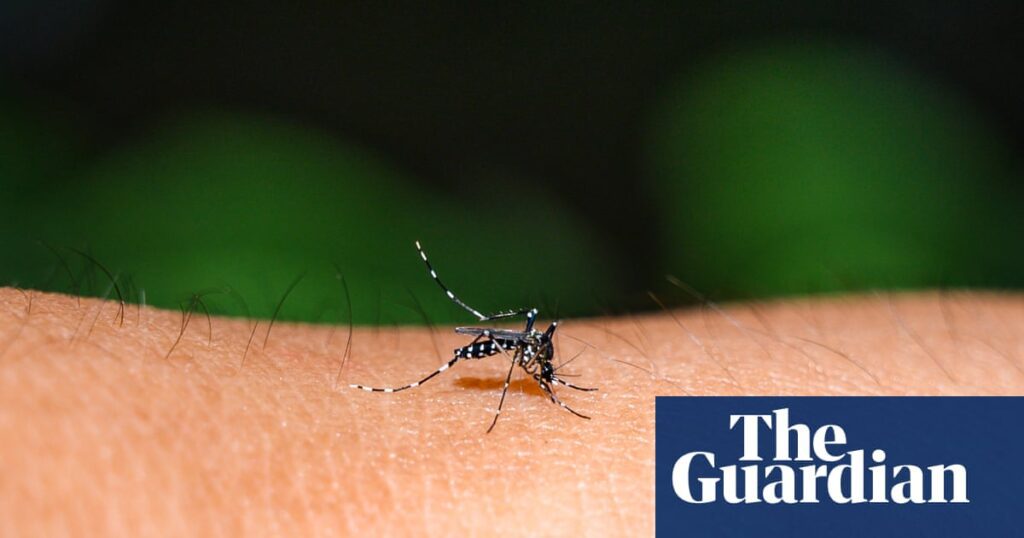The climate crisis is significantly increasing dengue cases in the Pacific Islands, with recent reports indicating the highest infection levels in a decade. The Pacific Syndrome Surveillance System has documented 16,502 infections and 17 deaths since its inception in 2025, with regions like Fiji, Samoa, and Tonga bearing the brunt of the outbreaks.
Experts, including Dr. Paula Bibili from the Pacific Community, emphasize that historically seasonal dengue outbreaks are now occurring year-round due to climate change. Rising temperatures, humidity, and rainfall create ideal conditions for the Aedes aegypti mosquito, which spreads the virus. Epidemiologist Dr. Joel Kaufman warns that extreme weather events, including heavy rainfall, can accelerate mosquito breeding and thus transmission of the disease.
Samoa has declared a state of emergency following over 5,600 cases and six deaths, while Fiji reported nearly 11,000 cases and eight deaths. Tonga has confirmed over 800 cases since February. Despite their minimal contributions (0.03%) to global greenhouse gas emissions, Pacific Island nations face severe climate-related health challenges, intensifying with rising global temperatures.
Responses to the outbreaks vary; many countries have declared emergencies and implemented cleanup and health campaigns. However, experts point out that inadequate monitoring and the reactive nature of responses—like mosquito control measures that are often ineffective—hamper efforts. Disease ecologist Dr. Bobby Reiner critiques the slow and insufficient responses as countries struggle against the rising tide of climate-sensitive diseases.
Source link


